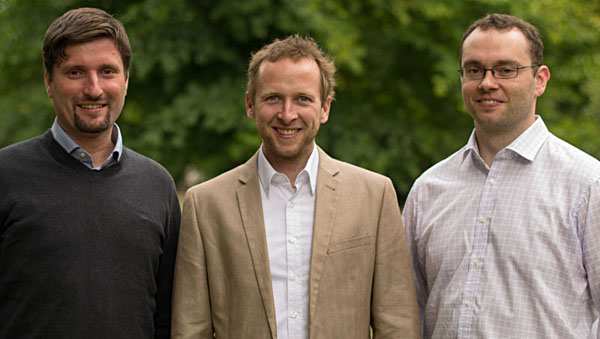Docear 1.0 (RC1) released with new workspace and new UI (ribbons)
The last version of Docear was released three month ago and you might wonder what we were doing. Well, I can tell you we were really busy. Besides working on some research papers for conferences in Indianapolis and on Malta (read here and here), we finally implemented two major milestones for Docear. These two milestones actually were the last ones we had on our road-map for releasing the final 1.0 version of Docear. And here it is, Docear 1.0 (RC 1) with:
1. A new setup dialog
We have completely redesigned the dialog that appears when Docear is first started. We believe it to be much more user friendly and intuitive. We also listened to those users who criticized that our terms of service had to be accepted even when no online services were activated. Now you have the choice. You can either use Docear as a registered user and enjoy the full potential including PDF metadata retrieval, online backup, online mind map viewer, and recommendations. Or you can use Docear as a local user with no data at all being submitted to Docear and no requirement for accepting any terms of service (just use Docear as you would use any other GPL desktop software).







